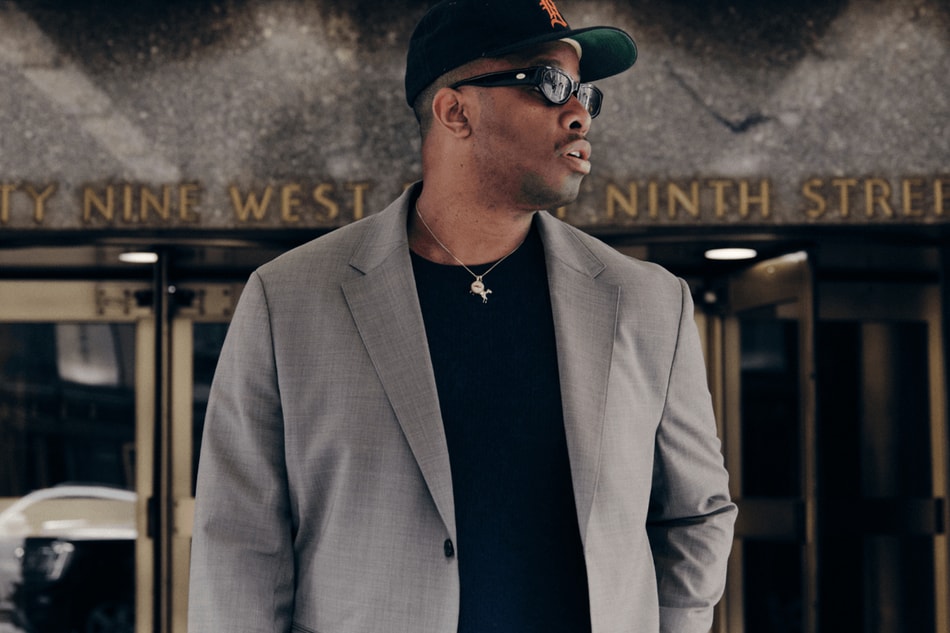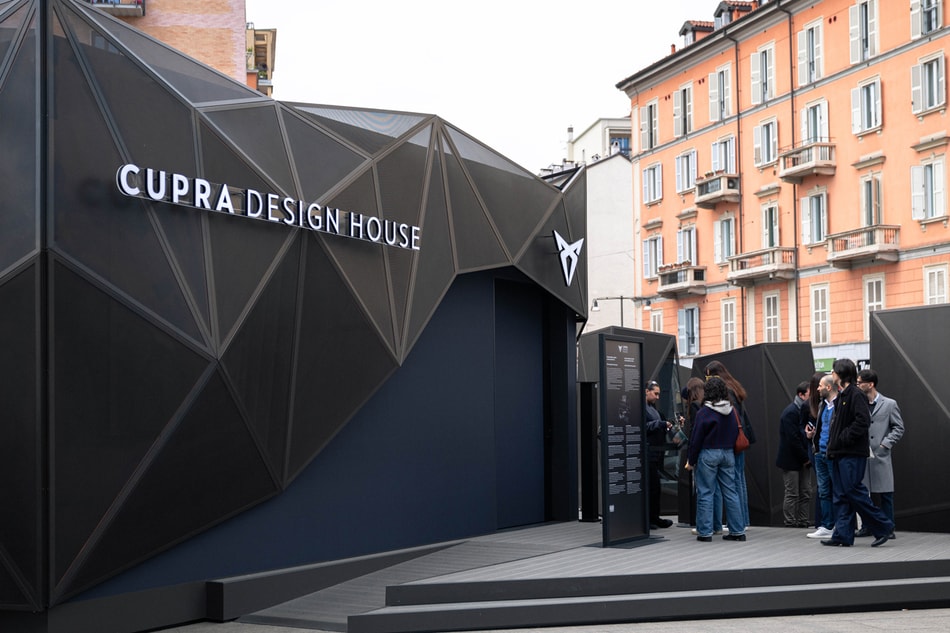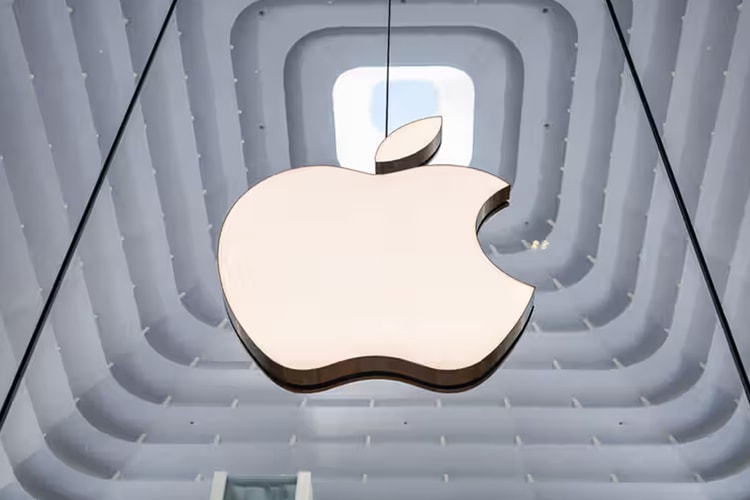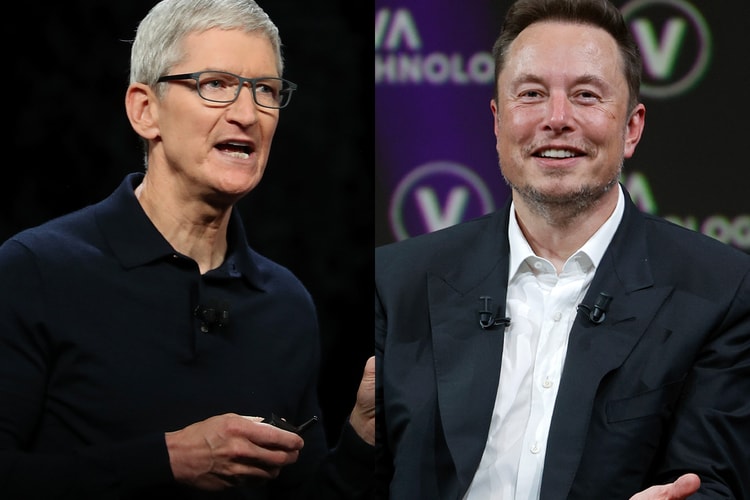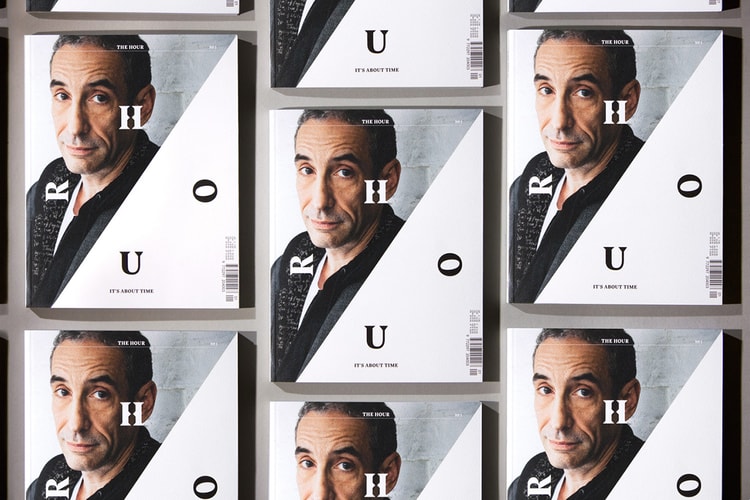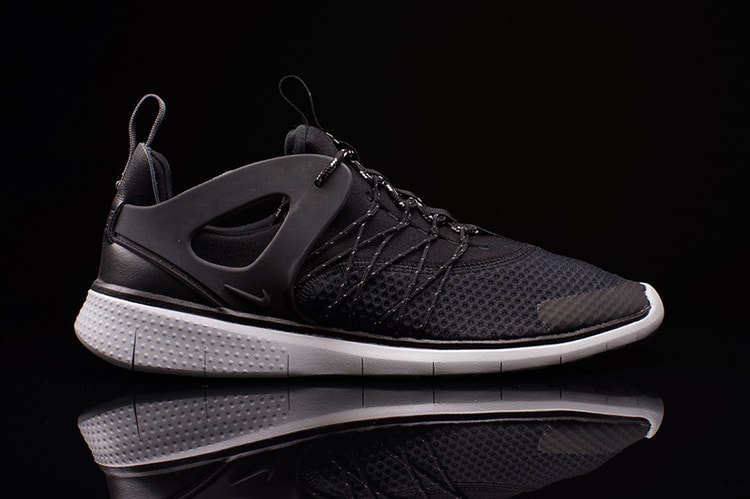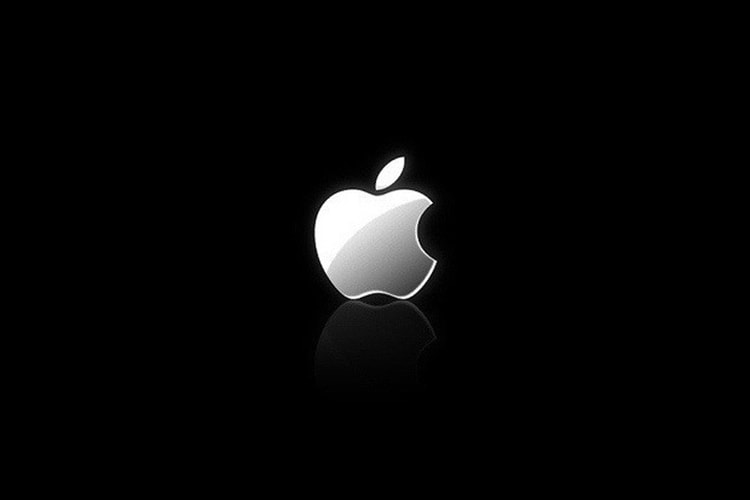Tim Cook Talks to 'Fast Company' About Apple's Future
Superseding the immensely large shoes left behind by Apple Founder Steve Jobs is not an easy task
Superseding the immensely large shoes left behind by Apple Founder Steve Jobs is not an easy task for anyone. Asked to join the company in 1998 by Jobs, Tim Cook has done a fulfilling job at Apple so far, helping the company reach a market cap of $700 billion USD last month. However, he is not done there. With many more innovative products on its way, the Apple CEO believes his company’s future only gets brighter. Cook recently sat down with Fast Company to discuss a wide range of topics. In the in-depth interview, Cook talks about Jobs’ philosophy and lasting legacy, the functionality of the Apple Watch, and the new Apple Campus 2 headquarters currently under construction. Enjoy the excerpt below and to read the full interview, visit Fast Company.
How does Steve Jobs’s legacy live on at Apple?
Steve felt that most people live in a small box. They think they can’t influence or change things a lot. I think he would probably call that a limited life. And more than anybody I’ve ever met, Steve never accepted that.
He got each of us [his top executives] to reject that philosophy. If you can do that, then you can change things. If you embrace that the things that you can do are limitless, you can put your ding in the universe. You can change the world.
That was the huge arc of his life, the common thread. That’s what drove him to have big ideas. Through his actions, way more than any preaching, he embedded this nonacceptance of the status quo into the company.
Several other things are a consequence of that philosophy, starting with a maniacal focus to make the best products in the world. And in order to build the best products, you have to own the primary technologies. Steve felt that if Apple could do that—make great products and great tools for people—they in turn would do great things. He felt strongly that this would be his contribution to the world at large. We still very much believe that. That’s still the core of this company.
There’s this thing in technology, almost a disease, where the definition of success is making the most. How many clicks did you get, how many active users do you have, how many units did you sell? Everybody in technology seems to want big numbers. Steve never got carried away with that. He focused on making the best.
That took a change in my own thinking when I came to the company [Cook left Compaq to join Apple in 1998]. I had been in the Windows world before that, and that world was all about making the most. It still is.
When Apple looks at what categories to enter, we ask these kinds of questions: What are the primary technologies behind this? What do we bring? Can we make a significant contribution to society with this? If we can’t, and if we can’t own the key technologies, we don’t do it. That philosophy comes directly from him and it still very much permeates the place. I hope that it always will.Are there any fundamental ways in which you are letting go of parts of Steve’s legacy?
We change every day. We changed every day when he was here, and we’ve been changing every day since he’s not been here. But the core, the values in the core remain the same as they were in ’98, as they were in ’05, as they were in ’10. I don’t think the values should change. But everything else can change.
Yes, there will be things where we say something and two years later we’ll feel totally different. Actually, there may be things we say that we may feel totally different about in a week. We’re okay with that. Actually, we think it’s good that we have the courage to admit it.Are you looking forward to Apple’s new campus? [The company is set to move into massive new headquarters in 2016.] Would you have created this kind of campus if you had been CEO when the decision was first made?
It’s critical that Apple do everything it can to stay informal. And one of the ways that you stay informal is to be together. One of the ways that you ensure collaboration is to make sure people run into each other—not just at the meetings that are scheduled on your calendar, but all the serendipitous stuff that happens every day in the cafeteria and walking around.
We didn’t predict our employee growth, so we haven’t had a campus that houses everyone. We are spread out in hundreds of buildings, and none of us like that; we hate it. Now we’ll be able to work primarily at that one campus. So, yeah, I’m totally behind that.


